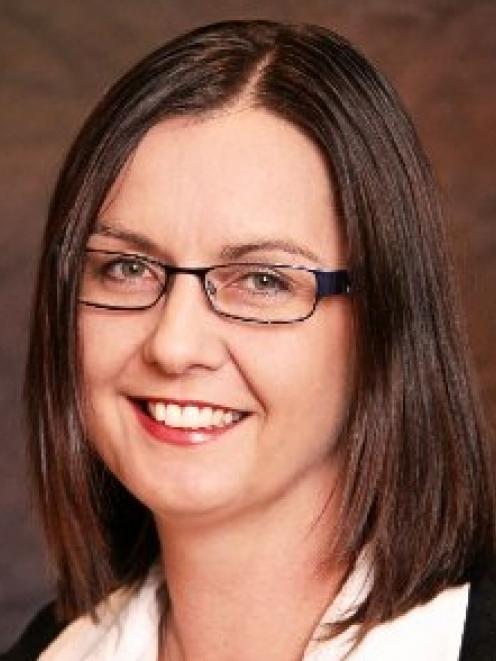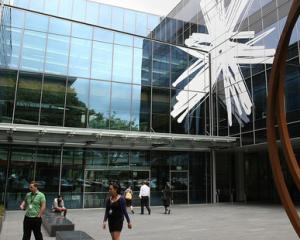
Forsyth Barr broker Suzanne Kinnaird said yesterday she believed news concerning Telecom in the next few months would become less negative.
However, the latest share price was close to reflecting her $1.85 ultra-negative scenario valuation under which Telecom was locked out of the ultra-fast broadband (UFB) project and the Chorus business faded to zero over time.
Telecom was trying to work out if the costs of separation could be offset by changes in regulation to benefit its shareholders, chief executive Paul Reynolds said at an investor day in Sydney.
The company was open to partnerships once it got "the big picture right," and it was not possible to put a cost on separation until it was worked out exactly what would be separated.
Dr Reynolds noted in an answer to a question that the Government would get more for its investment in UFB by partnering with Telecom because it already had 25,000km of fibre.
At the briefing Dr Reynolds explained the background to the announcement last week that Telecom would consider a full separation of its business to be able to participate in the Government's UFB project.
The company was already moving to an operational separation and had asked the Government to reconsider some of the undertakings given for that process.
Once the Government established Crown Fibre Holdings (CFH), Telecom "had a bunch of commercial people with which we could discuss things".
The Government also had offered in the past five to six months dialogue with potential bidders and policy makers on regulatory issues around ultra-fast broadband.
Ms Kinnaird said Dr Reynolds made it clear at the briefing day that a re-set of the regulatory environment would be a necessary trade-off, including the removal of regulation from the retail businesses.
"We believe that CFH, Minister Steven Joyce and government agencies are becoming more amenable to a structure which sees Chorus - in some form - becoming the core of the UFB network."
Part of that thinking would include an awareness that the Government's UFB project could be crippled by an excluded Telecom competing street-by-street with fast DSL, she said.
That would not please Vector, which had argued against any incumbent involvement or vending-in of legacy assets.
"Such a political presentation suggested to us that Vector fears the process is not going its way, reinforcing our view that Telecom involvement in the UFB initiative is being viewed more favourably," Ms Kinnaird said.
In the course of that briefing it became apparent that the potential for change in regulation was very large.
"There may be, if we get all the things lined up, an answer that may be in shareholders' interests," Dr Reynolds said.
"These things might balance out potentially to something that may be positive.
To find out if that balance can be positive to shareholders we have to open up."
The company had to decide if there was a quid pro quo on regulation that would make separation worthwhile.
He declined to estimate the cost of a full separation but said operational separation had laid some key building blocks for Telecom.
The company had to decide what products and service would be separated before it could say how much it would cost.
The Government could avoid massive waste if it partnered with Telecom rather than building a completely new network.
"We have significant fibre investment that will provide a significant foundation," he said.
Earlier, David Havercroft, group chief technology officer, repeated several times in his presentation that Telecom was seeking to simplify its business.
Ms Kinnaird said several catalysts were anticipated for Telecom.
The sale of Australian unit AAPT at book value would be positive as it had been for sale for a long time and no deal had emerged.
That suggested any deal had been below book value.
Compensation for XT problems from Alcatel Lucent had been reported as reaching $100 million.
That might be at the upper end but was possible given compensation costs of $15 million, actual cash costs probably taking that to $25 million and then the harder-to-quantify opportunity costs of slower customer growth and brand damage.
The UFB outcome could be better than expected with Telecom involved as a partner in the UFB consortium in return for separating Chorus and selling part of it to CFH as an asset swap for fibre company shares, she said.



